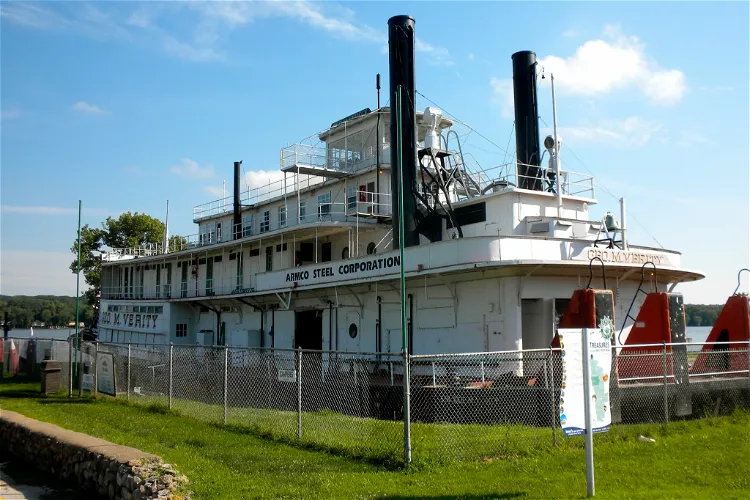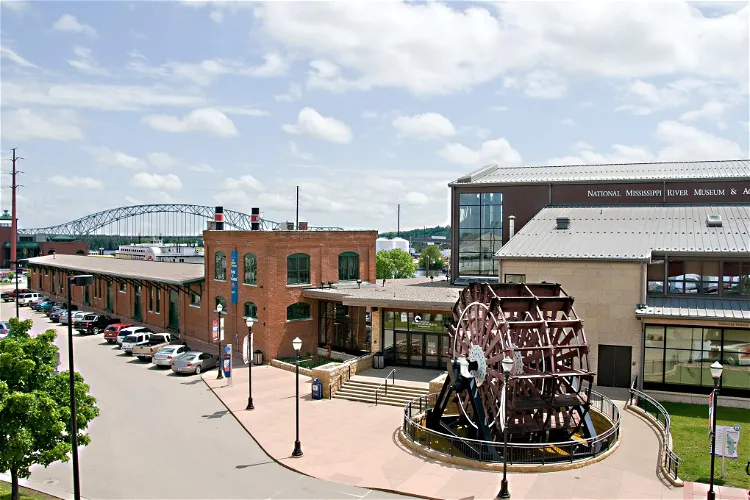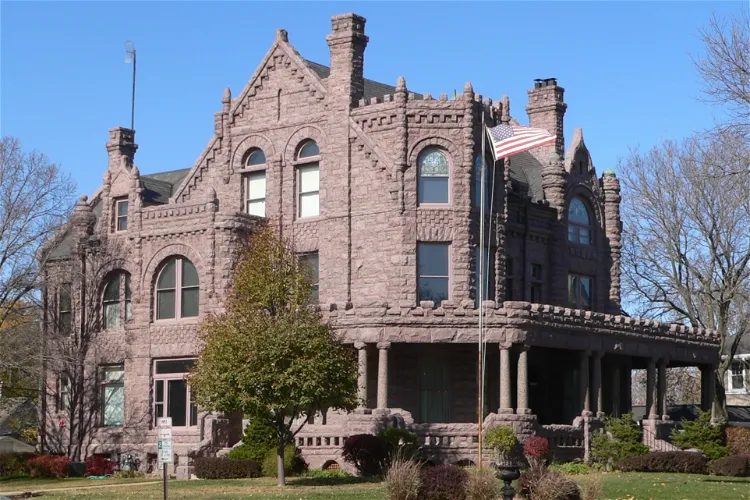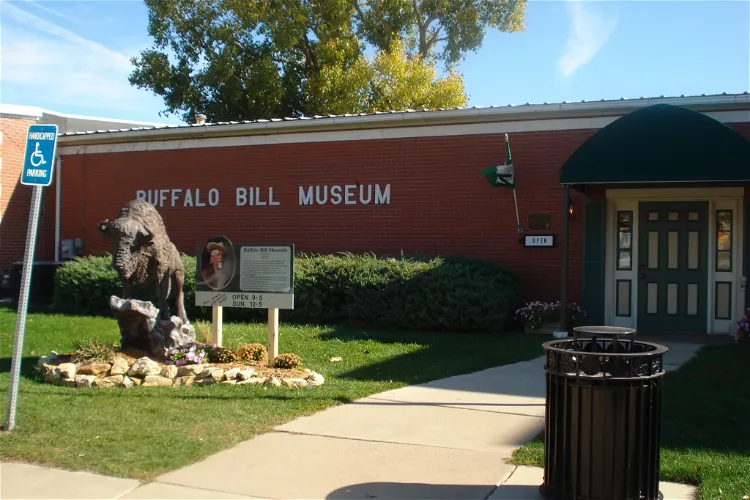Are you fascinated by the sea and maritime history? These are the top maritime museums in Iowa

George M. Verity Riverboat Museum
Keokuk, IAThe George M. Verity is a historic pusher boat that is now displayed as a museum ship in Keokuk, Iowa. This unique vessel offers visitors a glimpse into the past, showcasing the history and significance of river navigation in the United States. The boat itself is a testament to the engineering and design of the time, with its steam-powered paddle wheel and steel hull.
National Mississippi River Museum & Aquarium
Dubuque, IAThe National Mississippi River Museum & Aquarium is a maritime museum situated in Dubuque, Iowa. It is owned and managed by the Dubuque County Historical Society. The museum is a significant cultural and educational institution that provides insights into the maritime history and ecology of the Mississippi River and other American rivers.
Sergeant Floyd River Museum and Welcome Center
Sioux City, IAThe Sergeant Floyd River Museum & Welcome Center is a historic museum boat located at 1000 Larsen Park Road in Sioux City, Iowa. This unique museum offers a glimpse into the past, showcasing the history and significance of the Missouri River and the United States Army Corps of Engineers. The boat itself is a piece of history, having been built in 1932 as a utility vehicle and towboat for the Army Corps of Engineers.
Sioux City Public Museum
Sioux City, IAThe Sioux City Public Museum offers a comprehensive insight into the history and culture of Sioux City, Iowa. Visitors can explore a variety of displays including a video about the city's history, Native American artifacts, pioneer artifacts, historic transportation vehicles, agriculture, industry, geology and fossils. This wide range of exhibits provides a rich understanding of the city's past and its cultural heritage.
Buffalo Bill Museum
Le Claire, IAThe Buffalo Bill Museum is a significant cultural institution located in LeClaire, Iowa. The museum's primary focus is on life along the Mississippi River and the local history of the area. Visitors can gain a deep understanding of the region's past and its relationship with the river, which has played a crucial role in shaping the local culture and economy.